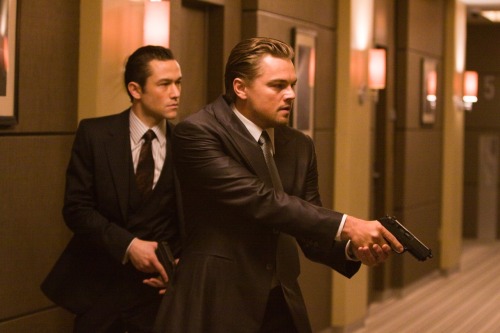Arrested Development (2003-2006)
Posted by The Citizen Review | Posted in Arrested Development , Jack Meriwether , Matthew Meriwether | Posted on 9:27 PM
A+

"Arrested Development"
By Matthew Meriwether, 7/26/10
Arrested Development is the story of The Bluths. A very wealthy family that owns it's own real estate company. The family, however, is very greedy and uses the business as their personal piggy bank. So, Michael Bluth (the only sane one in this family) has to save this family and company from falling apart (or perhaps he's too late).
Comparing Arrested Development to any other comedy show on television is a sad, sad one. If you watch a comedy show today, you'll laugh every now and then (it is a comedy show), but when you watch Arrested Development, you laugh the entire show. There isn't plot, plot, plot with a joke here and there. Every second is a laughable moment. There isn't a moment in this show that isn't hilarious.
The show has a fairly large cast, but unlike other shows with large casts, there is almost no supporting cast. Every character shines in every episode. And to put them together in one family, is just about the most dysfunctional family of all time. They're all weird, and the more weird they get, the funnier they are.
The writing, of course, to a show is crucial. And the writing in Arrested Development is so good, that any improvisational actor would just read from the script instead of coming up with something else. In fact, that's exactly what happened. This show was meant to be 50% improv, but when the actors read the script, they just read from it directly. Each one is extremely well plotted, and each one is very dense with humor.
As well as being hilarious, Arrested Development is also great because of how original and innovative it was. It was the first single camera set-up for a comedy show. The sitcoms before this, were the ones with fake sets, multi-cameras and an audience. Having a single camera set-up allows for the show to be more cinematic, and cut to different scenes liberally for more comedic opportunities.
But this great show didn't last forever. It ended sadly with three seasons due to low ratings. Which makes me seriously question American television viewers. Arrested Development didn't make a single bad episode, and each one far greater than any show on today.



